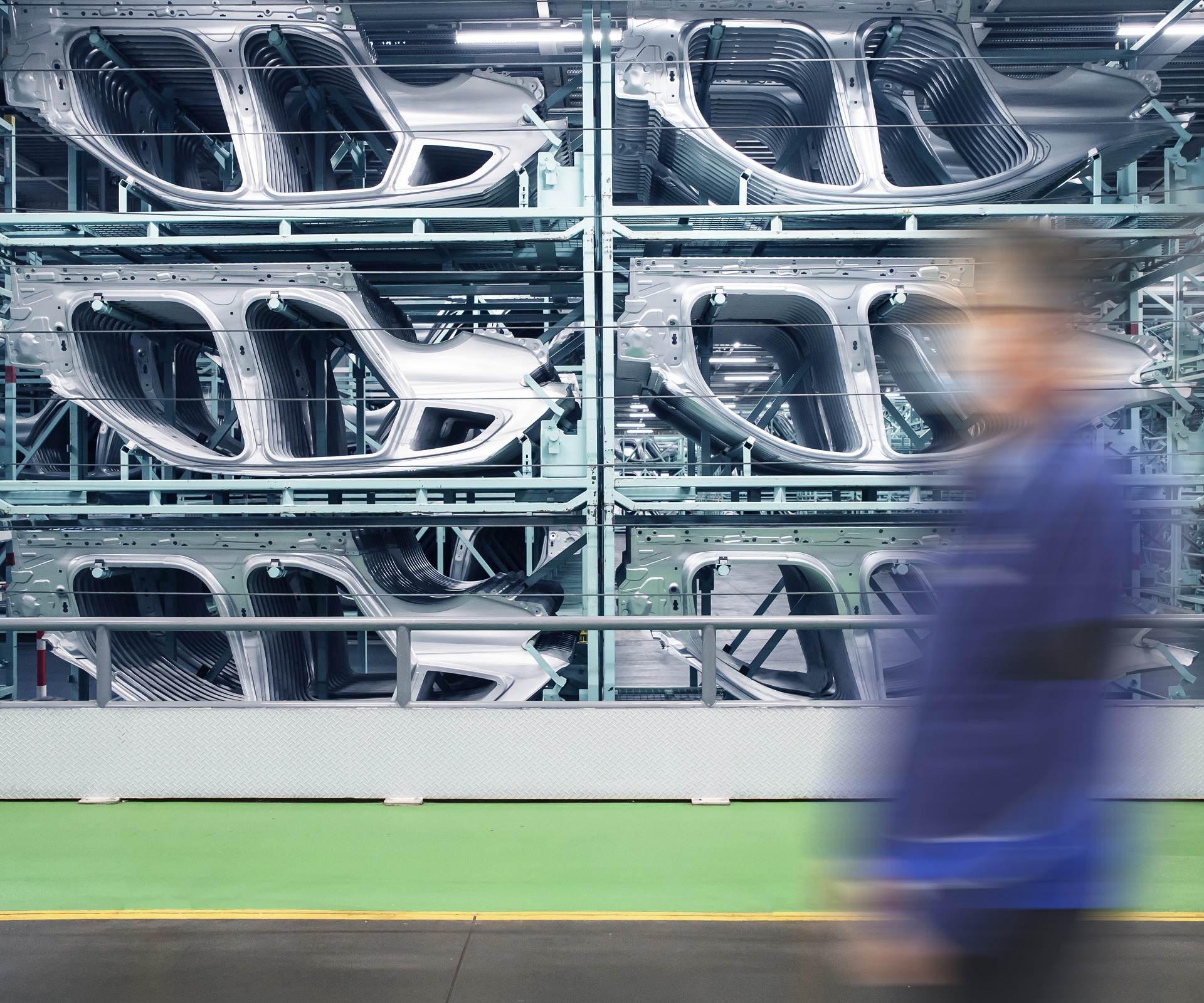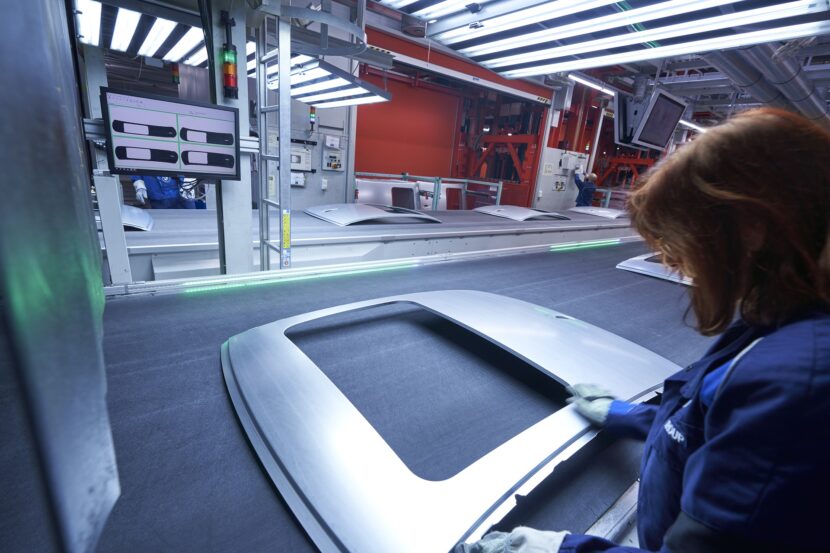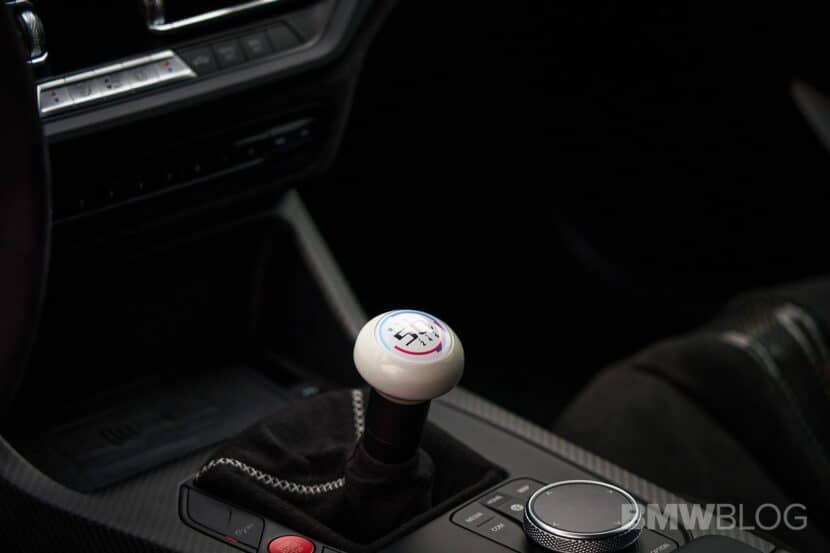Even though most car makers, BMW included, have started using aluminum, magnesium and other lighter metals lately, steel is still a big part of their production process. Since BMW decided to try and cut CO2 emissions by as much as possible, in every field related to car manufacturing, the company is now looking at ways to do that in steel production as well. Therefore, the Germans announced today that they will be investing in an innovative method for CO2-free steel production.
The process has been developed by Boston Metal and involves using electricity. The blast furnaces used in conventional steel production generate carbon dioxide. The startup Boston Metal uses electricity for its new technology, which, by means of an electrolysis cell, produces pig iron that is later processed into steel. If electricity from renewable energies is used for this process, then steel production is carbon-free. The young company will build demonstration facilities for this process over the next few years and further develop it for use on an industrial scale.
“We systematically identify the raw materials and components in our supplier network with the highest CO2 emissions from production. Steel is one of them, but it is vital to car production. For this reason, we have set ourselves the goal of continuously reducing CO2 emissions in the steel supply chain. By 2030, CO2 emissions should be about two million tonnes lower than today’s figure,” said Dr Andreas Wendt, member of the Board of Management of BMW AG responsible for Purchasing and Supplier Network.
BMW invested in Boston Metal a while back, through its BMW i Ventures investment arm. Now, it looks like that investment is paying dividends. BMW also plans to make sure all its suppliers are as eco-friendly as possible and even help them implement more efficient processes if need be. On top of that, recycling waste steel will also be a big part of how the production process will change in BMW plants around the world.






































































